Search Results
Showing results 1 to 20 of 59
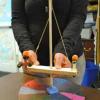
Carousel Pump
Source Institutions
In this activity, learners build a carousel toy that spins when pushed down.
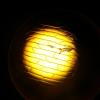
Animal & Plant Cell Slides
Source Institutions
In this activity, learners make slides of onion cells and their own cheek cells. Use this lab to teach learners how to prepare microscope slides and use a microscope.

Magnet Mania
Source Institutions
In this activity, learners explore the relationship between electric charges and magnetic fields.

Aye-Aye
Source Institutions
This is an activity about the adaptations that allow the Aye-aye to survive in its habitat. Learners will explore how the Aye-aye collects food and how this is influenced by their specialized finger.
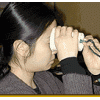
See the Light
Source Institutions
In this three-part activity, learners conduct simple experiments to see how light refracts and reflects, and how colors of light affect what we see.
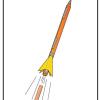
3...2...1 Puff!
Source Institutions
In this activity, learners build small indoor paper rockets, determine their flight stability, and launch them by blowing air through a drinking straw.
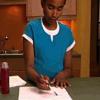
Invisible Ink
Source Institutions
In this simple chemistry activity (page 1 of PDF under SciGirls Activity: Colorblind Dogs) about acids and bases, learners will mix a baking soda and water solution and use it to paint a message on a
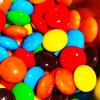
Sweetly Balanced Equations
Source Institutions
In this (edible) activity, learners balance chemical equations using different kinds and colors of candy that represent different atoms. Learners will work in pairs and explore conservation of atoms.
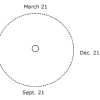
Modeling the Seasons
Source Institutions
This activity provides instructions for learners to create models of the Earth and then to model a "day" on Earth as well as modeling the seasons.
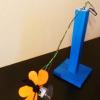
Motorized Balancing Toy
Source Institutions
In this activity, learners build a toy that flies in circles. This activity introduces learners to center of mass, torque, and rotational motion.
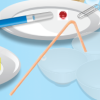
Density Intensity
Source Institutions
In this activity on page 12 of the PDF (Rethinking the 3 R’s: It’s Easy to be Green), learners examine how recyclable materials are separated by various properties at recycling centers.
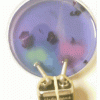
Indicating Electrolysis
Source Institutions
In this activity, learners build a simple electrolysis device. Then learners use an indicating solution to visualize hydrogen and oxygen molecules in water.
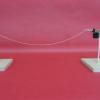
Trip Wire
Source Institutions
In this activity, learners build simple alarms that they can attach to anything, such as a drawer or doorway. This activity introduces learners to electricity, circuits, and currents.
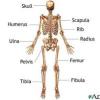
Bones
Source Institutions
In this health activity (page 5 of the PDF), learners will explore a unique connection betweeen the bones of the body.
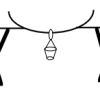
Multi-Variable Relations: Stressed to the Breaking Point
Source Institutions
In this math lesson, learners explore the relationship between the thickness of a spaghetti bridge, the length of the bridge, and the amount of weight that can be supported by the bridge.

Sliding and Stuttering
Source Institutions
Learners use a spring scale to drag an object such as a ceramic coffee cup along a table top or the floor.
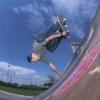
Ramps 2: Ramp Builder
Source Institutions
In this inquiry-based learning activity, learners design, build, and test their own ramps. They are introduced to a variety of materials and explore putting them together.
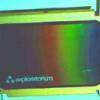
Liquid Crystal Thermometers
Source Institutions
In this activity, learners explore liquid crystal thermometers to observe how heat flows by conduction, convection, radiation, and evaporation.
Sodium Acetate Hand Warmers
Source Institutions
In this activity, sodium acetate hand warmers are used to introduce learners to supersaturated solutions, crystallization, and exothermic reactions.
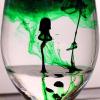
Floating and Falling Flows
Learners create beautiful fluid motion. They explore fluid dynamics, surface tension, solubility, and buoyancy while mixing liquids together.
